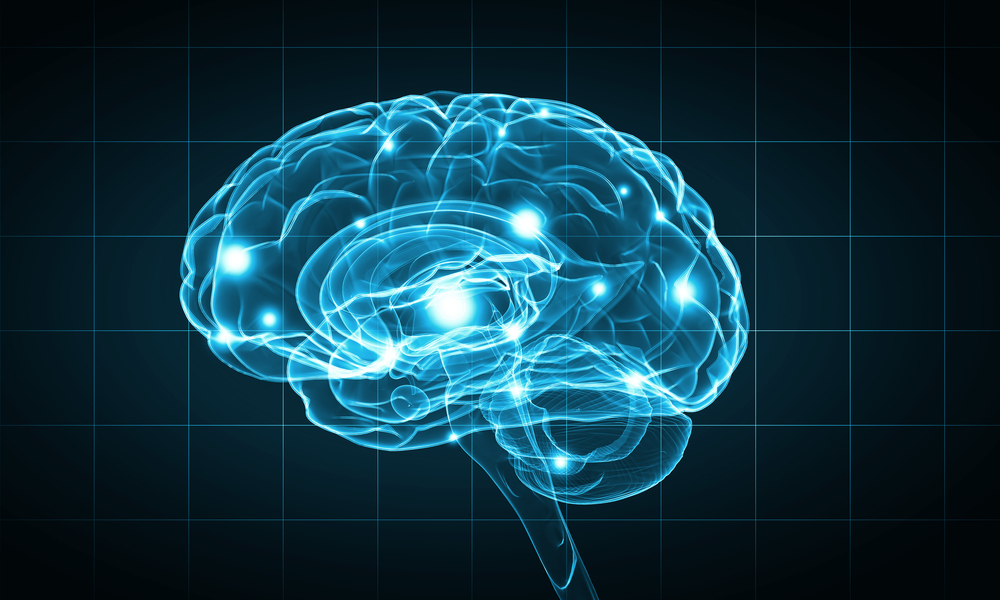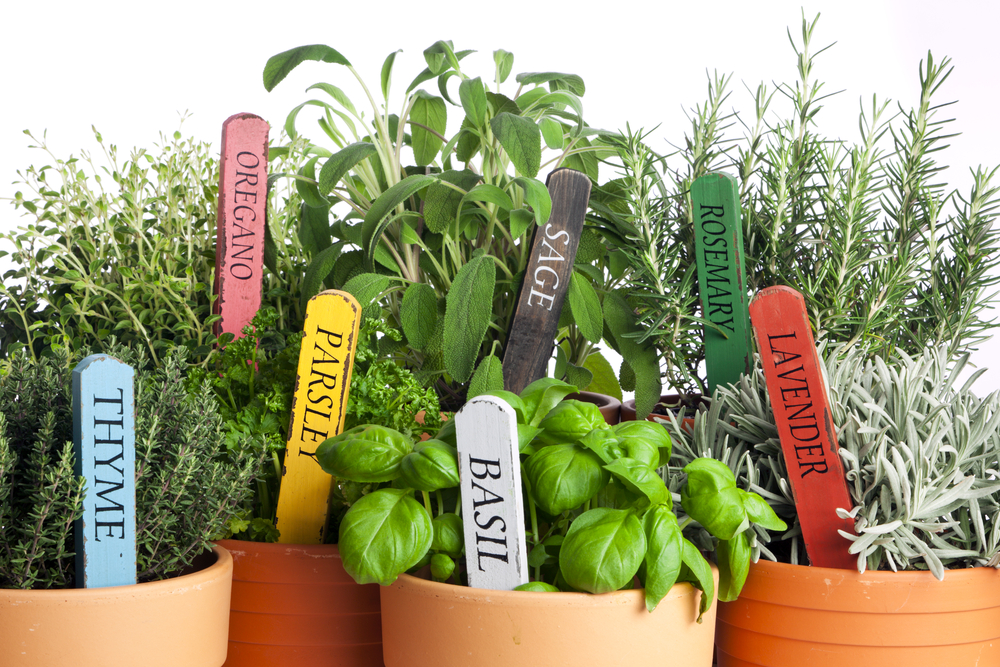The health benefits of vitamin D continue to be acknowledged

It has long been known that vitamin D, as well as having an important part to play in immunity, is essential for strong bones and now it seems it may also be involved in good brain health. A recent study[i] from US Tufts University shows that it is found in the brain and may help ward off dementia.
Vitamin D is produced by the action of the sun on skin, but the UK sun is not high enough in the sky between October and March to activate the process which is why the NHS recommends that we consider a daily vitamin D supplement of 10ug during autumn and winter.
Some foods such as oily fish, red meat, egg yolks and fortified foods contain small amounts of vitamin D but it can be difficult to get sufficient amounts from food alone, so supplementation is recommended.
Acupuncture could help relieve back ache in pregnant women

Nine out of ten women experience lower backpain while pregnant but are advised to avoid painkillers because of the potential harm they could cause to their unborn child. But now a recent study published in BMJ Open[ii] suggests that acupuncture could help to ease the aches and pains. Exactly how acupuncture might ease pain isn’t clear but is thought to involve the release of the body’s ‘happy’ chemicals—endorphins— as well as increasing the blood flow to local skin and muscle.
According to the study carried out at the Department of Orthopaedics at the Kunming Municipal Hospital of Traditional Medicine in China acupuncture is a considered a safe non-pharmacological treatment. It is being increasingly used for relieving discomfort during pregnancy with no adverse impact on mothers or their children. “More large-scale and well-designed trials are still needed to further confirm these results,” say the researchers, so watch this space.
Adding herbs, spices or nuts to your diet could help improve your gut health

Adding a daily ounce of peanuts or a teaspoon of herbs and spices to your diet may positively affect the composition of gut bacteria, according to new research from US Penn State University[iii]. In two separate studies, nutritional scientists studied the effects of small changes to the average American diet and found improvements to the gut microbiome.
For the peanut study, published in the journal Clinical Nutrition, researchers compared the effects of snacking on 28 grams (approx. 1 ounce) of peanuts per day, versus a higher carbohydrate snack such as crackers and cheese. At the end of six weeks, the peanut snackers showed an increased abundance of Ruminococcaceae, a group of bacteria linked to healthy liver metabolism and immune function.
In the herbs and spices study, published in The Journal of Nutrition, scientists analysed the impact of adding blends of herbs and spices – such as cinnamon, ginger, cumin, turmeric, rosemary, oregano, basil and thyme – to the controlled diets of participants at risk of cardiovascular disease. The researchers examined three doses – 1/8th teaspoon per day, a ¾ teaspoon per day and 1.5 teaspoons per day. At the end of four weeks, all participants showed an increase in gut bacteria diversity, including an increase in Ruminococcaceae, but most noticeabley those in the ‘medium’ and ‘high’ groups.
[i] https://alz-journals.onlinelibrary.wiley.com/doi/10.1002/alz.12836
[ii] Acupuncture for low back and/or pelvic pain during pregnancy: a systematic review and meta-analysis of randomised controlled trials doi 10.1136/bmjopen-2021-056878
[iii] www.sciencedaily.com/releases/2022/12/221201203929.htm






















Add comment